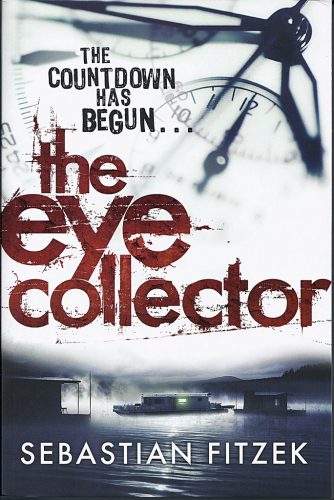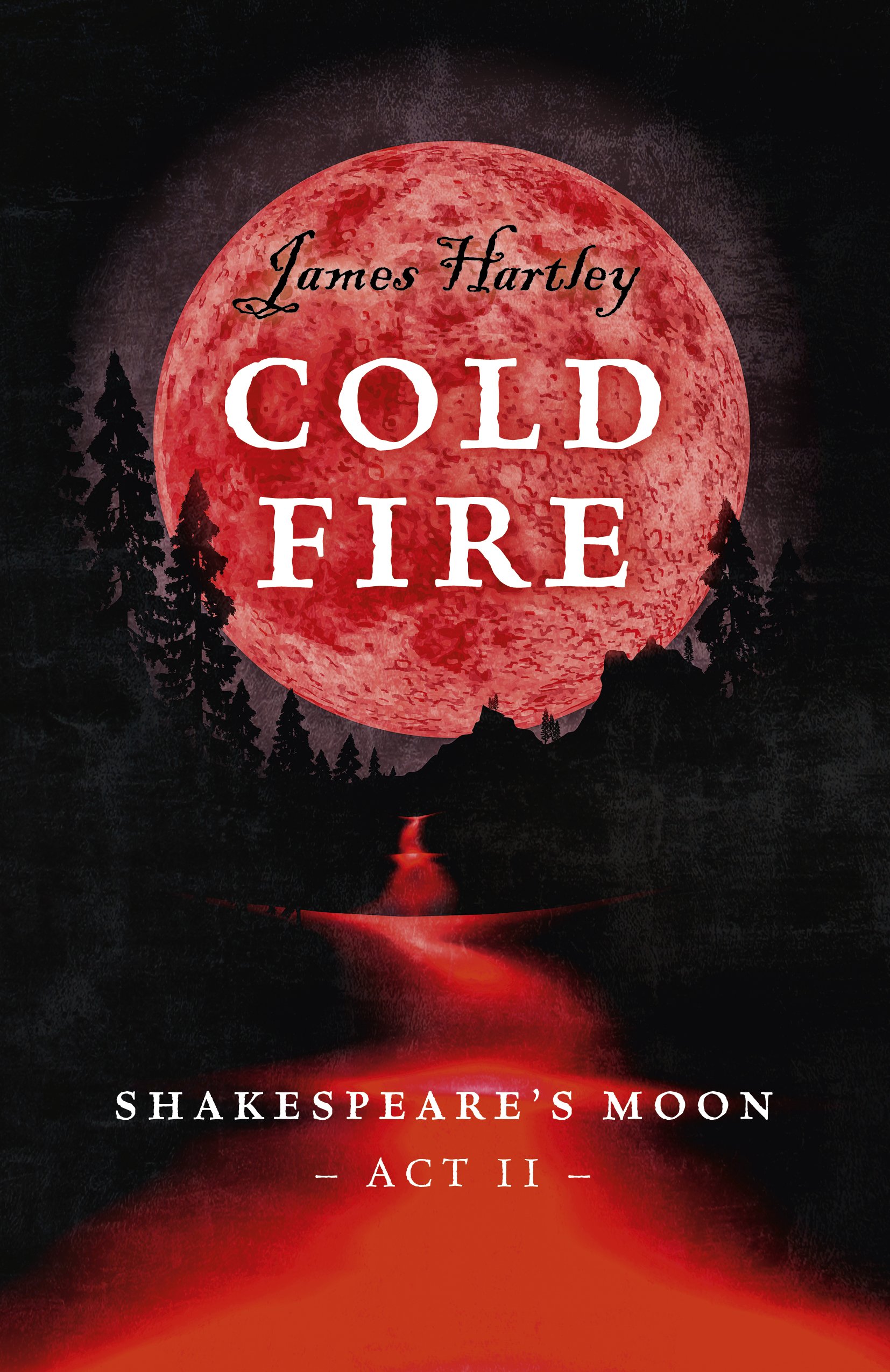
He plays the oldest children’s game in the world: hide and seek. Only the Eye Collector plays it to death…
I love stories which play with narrative, so when I realised that the story of the Eye Collector began with an epilogue and concluded with a prologue, I knew I was going to enjoy it.
What’s it about?
A killer is murdering women, kidnapping their sons and setting the bereaved husbands a challenge: find your child before he suffocates – and the killer takes his left eye.
The media are in a frenzy and Alexander Zorbach – former cop, lousy husband, dedicated journalist – is first on the scene when victim number four is found. This isn’t odd in itself, (Zorbach has covered the previous three grisly murder/kidnappings,) but when his wallet is found in close proximity to the corpse, and his knowledge of the killer’s MO proves too accurate, Zorbach finds himself the only suspect.
Clearly, the Eye Collector wants Zorbach to play.
Zorbach has exactly forty-five hours and seven minutes to save a little boy’s life.
What’s it like?
Cleverly structured, genuinely gripping and the ending delivers the knockout blow perfectly.
Short, punchy chapters keep the action brisk while introducing a constant flow of new and unsettling information. The journalist is shocked to encounter Alina, a blind psychic who claims to have met the Eye Collector and had a vision featuring parts of his crime. Understandably sceptical, Zorbach seems most disturbed by the explanation for her presence in his ‘secret’ boathouse: apparently, he phoned her…
How did Zorbach really find out about the fourth victim? How did his wallet end up a part of the crime scene? Is the intense Zorbach a reliable narrator or is it possible that he could genuinely be the Eye Collector? (The police certainly think so, despite his history with them.) Fitzek toys with his readers, offering information that seems to implicate the journalist while Zorbach seeks frantically to save the missing child.
Final thoughts
Typically I find stories involving psychics irritating, but Alina is fascinating and her reflections on blindness offer an interesting insight into a condition not commonly discussed in fiction.
I also really enjoyed the whole resolution of the story; it was perfectly satisfying, even the massively dramatic warning.
I loved the way this whole story worked; when I finished reading it I returned immediately to the beginning.
I’ll definitely be reading more by Sebastian Fitzek, who is a bestselling author in his native Germany.


